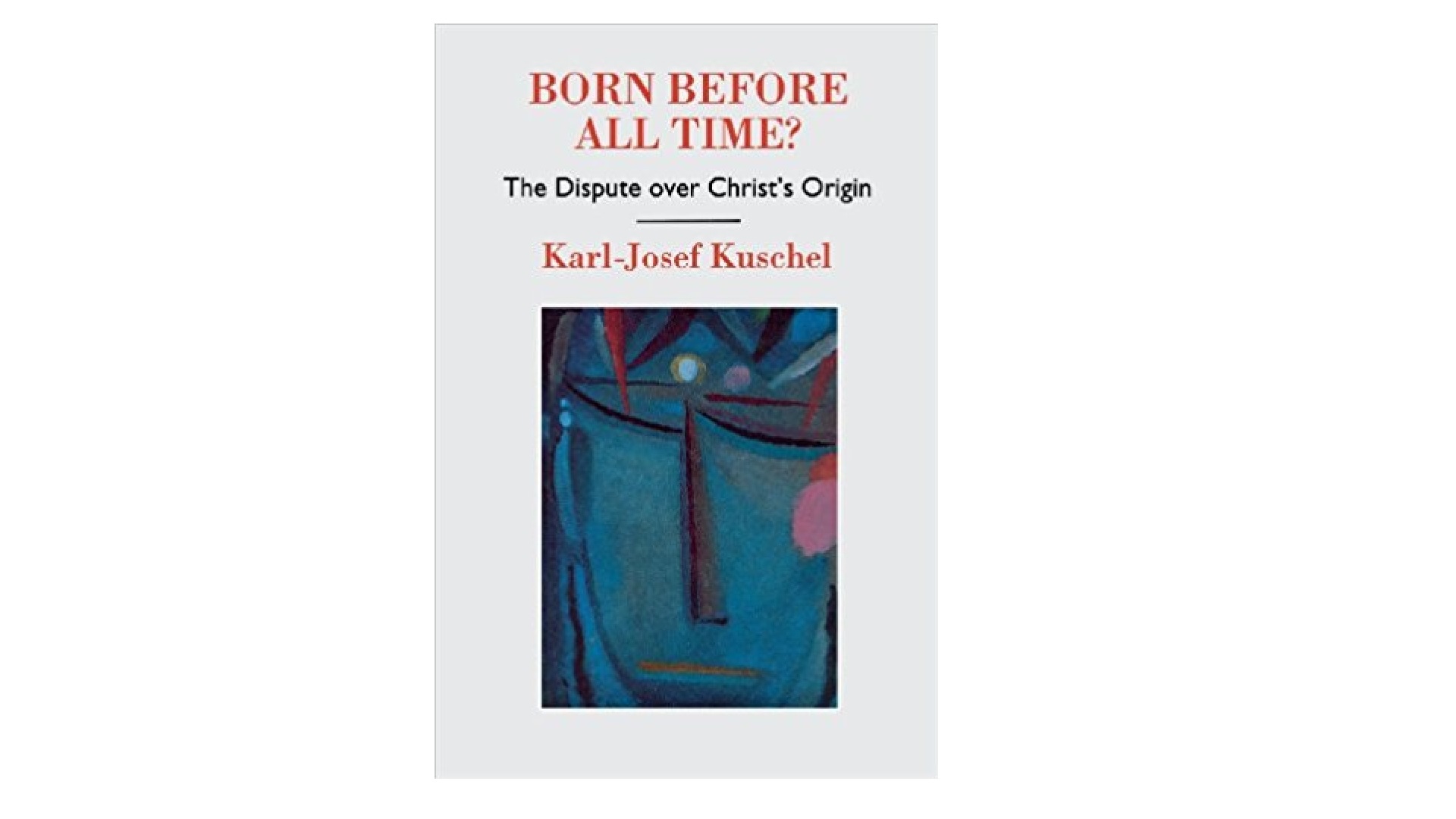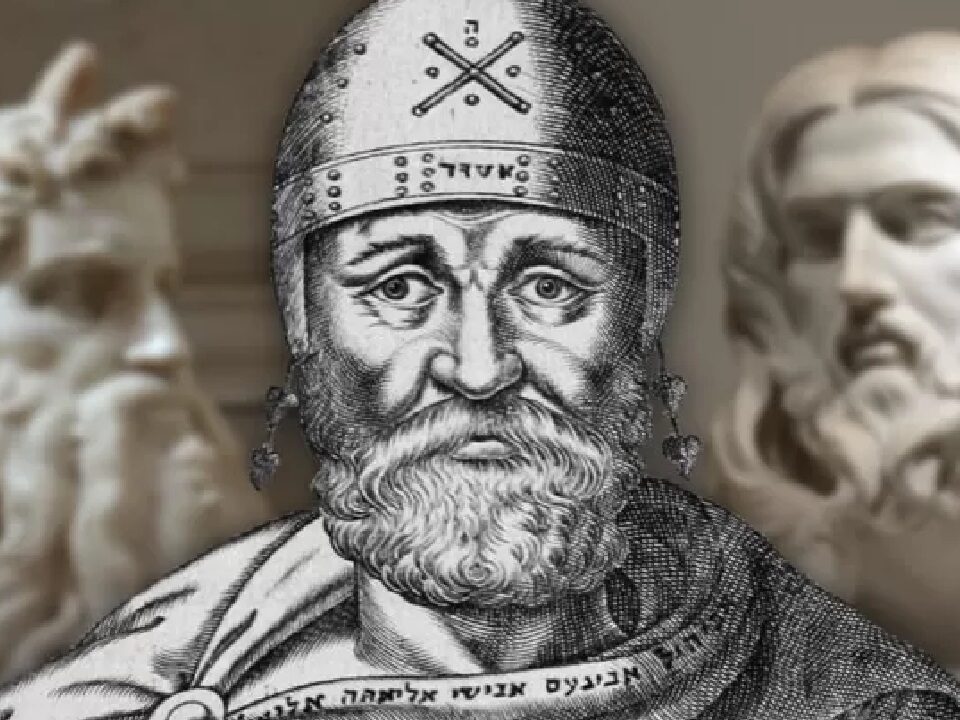
Born Before All Time: The Dispute over Christ’s Origin.
August 10, 2017
John 1.1: Grammatical Points
September 5, 2017From Logos to Trinity

The Evolution of Religious Beliefs from Pythagoras to Tertullian
by Marian Hillar, p 224:
[Tertullian] claims that before the formation of the universe God was not alone because he had within himself Reason (rationem) and in Reason (in ratione) the Word (sermonem), which he made secondary to himself by agitating it (thinking) within himself…represented in the OT by the term Wisdom (sophia), which describes God’s Reason and Word [Prov. 8.22-31]…From such speculations later Christians came up with the concept of preexistence of or eternal generation of the Son…
Tertullian is explicit when he says what when God said [Let there be light], the Word assumed its own form (species) and garb (ornamentum)—becoming light—and God made in this way himself a Son who proceeded from him as his firstborn (primogenitus) and the only-begotten. The Son is the only-begotten because he is peculiar to God as he is generated from God’s substance…Tertullian finds proof of this in the scripture, misinterpreting Proverbs 8.22, Psalm 44 (45).2, Psalm 2.7, and Psalm 109 (110).3, as referring to the generation of the spiritual (pneumatic) Son, the divine being, a divine pneumatic Messiah…
According to Tertullian, all the psalms that prophesy the person of the “anointed” (christus = christos) represent the pneumatic Son, and the pneumatic Christ as speaking with the Father represents Christ as speaking to God. Also, the Holy Spirit is represented in the psalms as the third Person when he is supposedly speaking of the Father and the Son [Ps 110.1].
[Though theologians were preoccupied with the eternal generation of the Son, the same type of reasoning applies to the generation of the universe. But by a peculiar twist the same theologians ignore the “eternal generation” of the universe that preexisted, according to Tertullian and Philo [cp. Origen], in the mind of God as well.]

